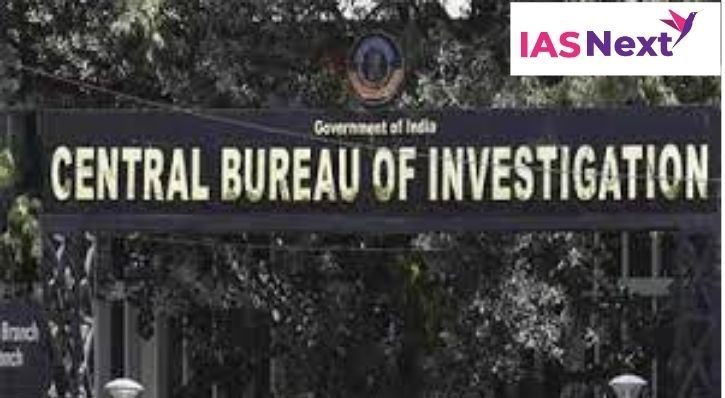CURRENT AFFAIRS
Get the most updated and recent current affair content on Padhaikaro.com
General consent to CBI in India
- IAS NEXT, Lucknow
- 25, Oct 2021

A suit was filed by the West Bengal Government against the Union of India under Article 131 of the constitution.
- The State has challenged the CBI’s jurisdiction to register FIRs and conduct investigations in the State in myriad cases.
- West Bengal said it had withdrawn “general consent” to the CBI way back in 2018.
West Bengal’s concerns:
The State said the CBI’s actions were a direct attack on the federal structure of governance and aimed to harass ruling Trinamool Congress leaders in the State.
Centre’s response:
- State governments do not have any “absolute” power to keep the Central Bureau of Investigation (CBI) from investigating crimes inside the State.
- Not even the Union government”, has the authority to rattle the autonomy of the premier agency to conduct investigations.
- Also, withdrawal of general consent would not stand in the way of constitutional courts entrusting the CBI with the cases “where it is found that the State Police would not effectively conduct a fair and impartial investigation”.
- Besides, the CBI was empowered to probe cases concerning any of the Central subjects enumerated in the Union List in the Seventh Schedule of the Constitution.
Why is consent necessary?
The CBI is governed by the Delhi Special Police Establishment Act that makes consent of a state government mandatory for conducting investigation in that state.
There are two kinds of consent:
Case-specific and general– Given that the CBI has jurisdiction only over central government departments and employees, it can investigate a case involving state government employees or a violent crime in a given state only after that state government gives its consent.
- “General consent” is normally given to help the CBI seamlessly conduct its investigation into cases of corruption against central government employees in the concerned state.
What does withdrawal mean?
It simply means that CBI officers will lose all powers of a police officer as soon as they enter the state unless the state government has allowed them.
- The decision means the CBI will now have to get consent from the state government for every case it registers in Maharashtra.
Under what provision can general consent been withdrawn?
In exercise of power conferred by Section 6 of the Delhi Special Police Establishment Act, 1946, the state governments can withdraw the general consent accorded.
Can withdrawal mean that the CBI can no longer probe any case?
No. The CBI would still have the power to investigate old cases registered when general consent existed. Also, cases registered anywhere else in the country, but involving people stationed in states which have withdrawn consent, would allow CBI’s jurisdiction to extend to these states.